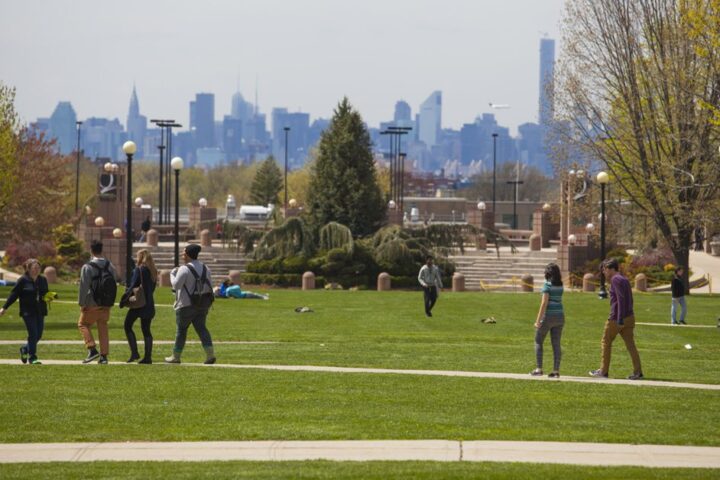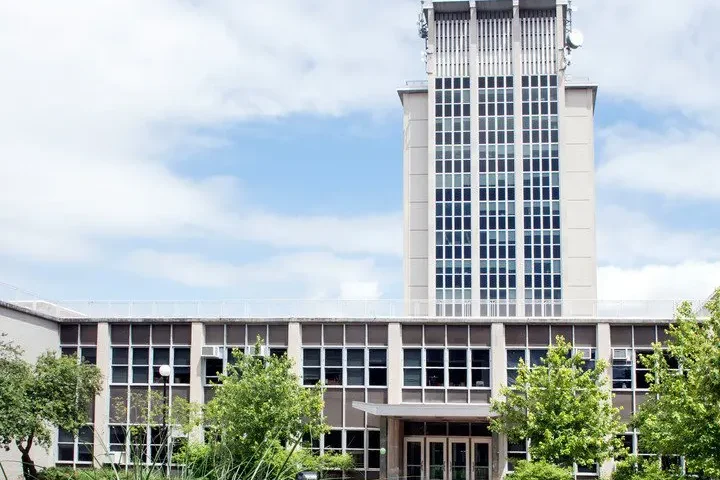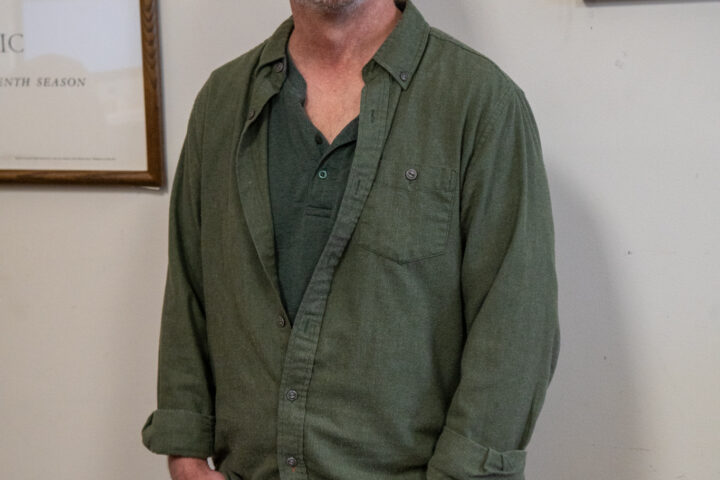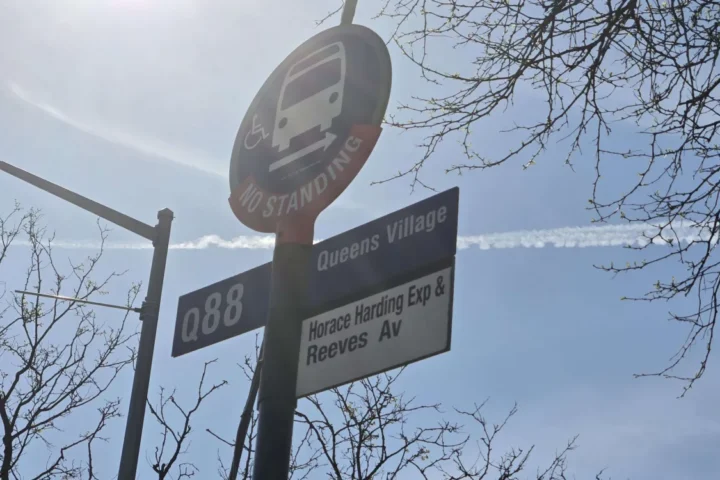From the Patriot Act and the exposure of classified government programs to the legality of compelling private companies to bypass security measures in the name of national security, the Fourth Amendment is regularly challenged for security.
The debate over the right to privacy is highlighted by advancements in technology and government surveillance on minority and activist groups across the country.
Privacy and security are often seen at odds with one another. The argument goes like this. The less privacy, the better the government can protect the citizens from threats.
The fear the government monitors and complies the online activity of Americans alters the way people act online and offline.
A recent study by John Penny, a researcher at Oxford University, found, after National Security Agency whistleblower Edward Snowden leaked classified documents revealing the government’s surveillance programs, people have self-censored themselves and become fearful on the internet.
In addition, journalist Glenn Greenwald of The Intercept reported “a 20 percent decline in page views on Wikipedia articles related to terrorism including those that mentioned ‘al-Qaeda,’ ‘car bomb,’ or Taliban.’”
But what about groups seeking to bring meaningful change to society?
The ruling class, regardless of party or ideology, seeks a common goal—maintaining power. Forms of activism and protest, in their eyes, are a threat to keep the status quo.
Freedom of Information Act documents obtained by journalist Jason Leopold of VICE News last year showed the Department of Homeland Security spying on activists involved with the Black Lives Matter movement, including DeRay McKesson.
Today, there are many documented cases of federal and local governments conducting surveillance against activist groups, including here at Queens College.
A few years ago, the New York Police Department was caught infiltrating Muslim Student Associations not only at QC, but also at other CUNY colleges. This created a climate of fear, according to a 2013 report titled “Mapping Muslims: NYPD Spying and its Impact on American Muslims.”
“[People I know] say ‘don’t you go to Queens College? Isn’t that where all the terrorists are?’ They saw it on the news that they were spying on us,” Sameera said, an anonymous QC student said at the time.
It is essential to not only find balance between privacy and security to maintain a free society, but also to ensure that our rights to free speech, press and assembly are not violated.













